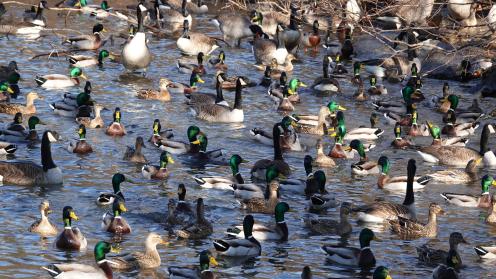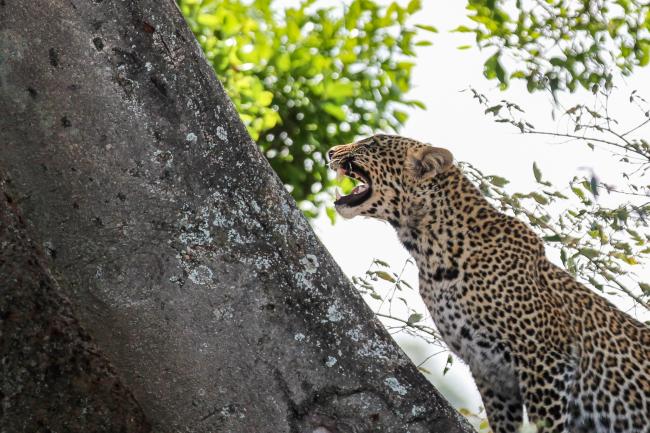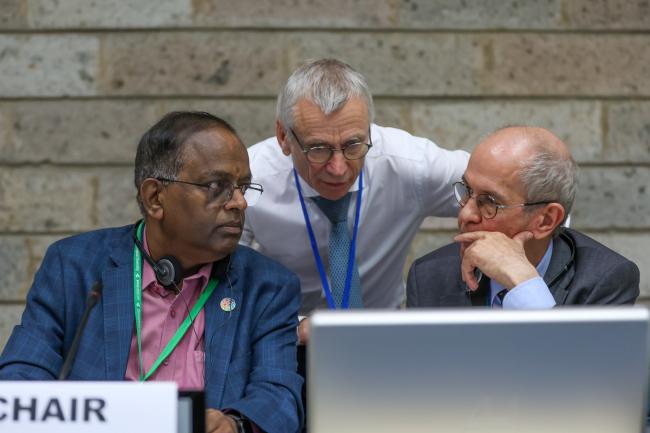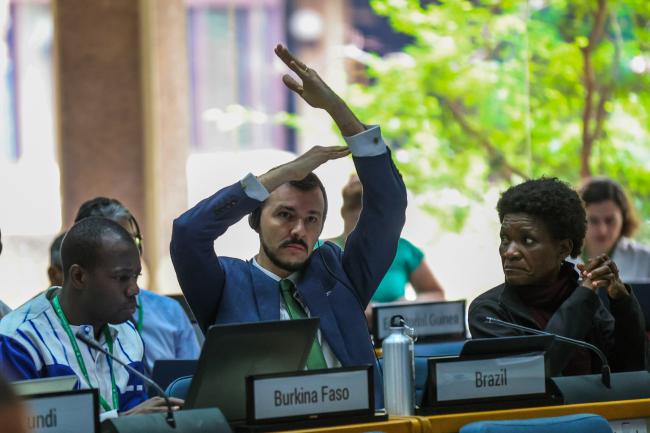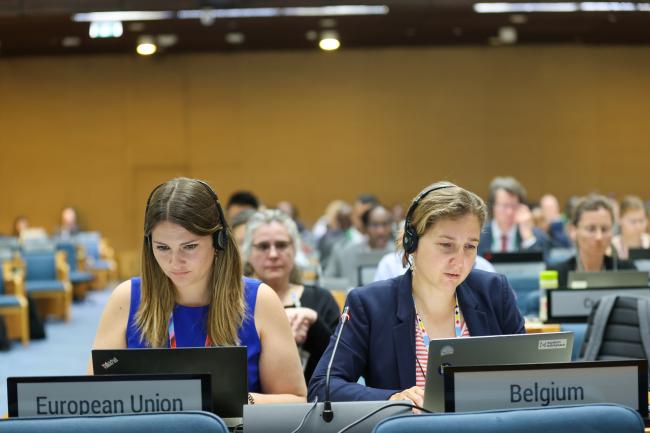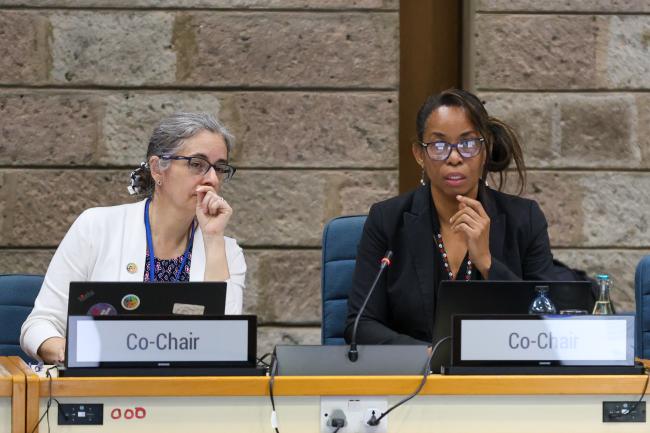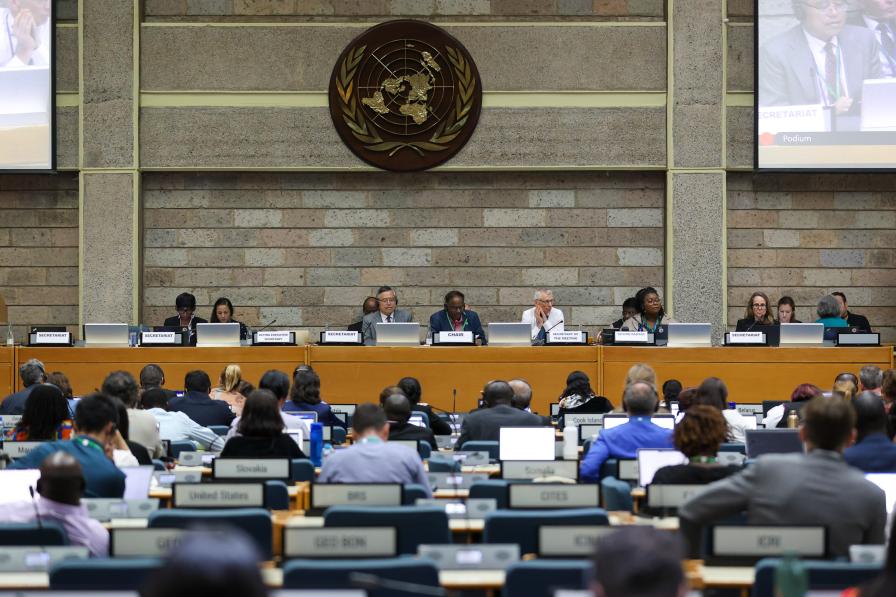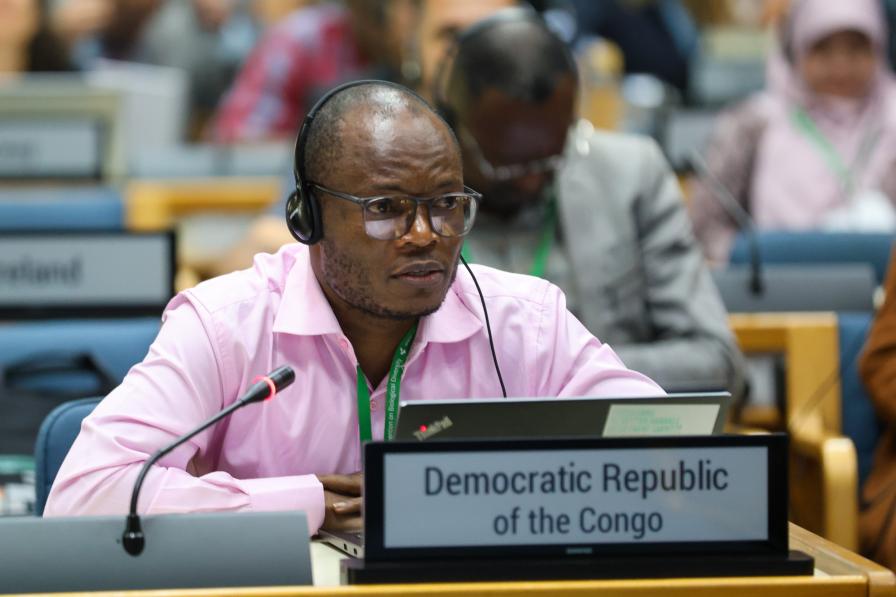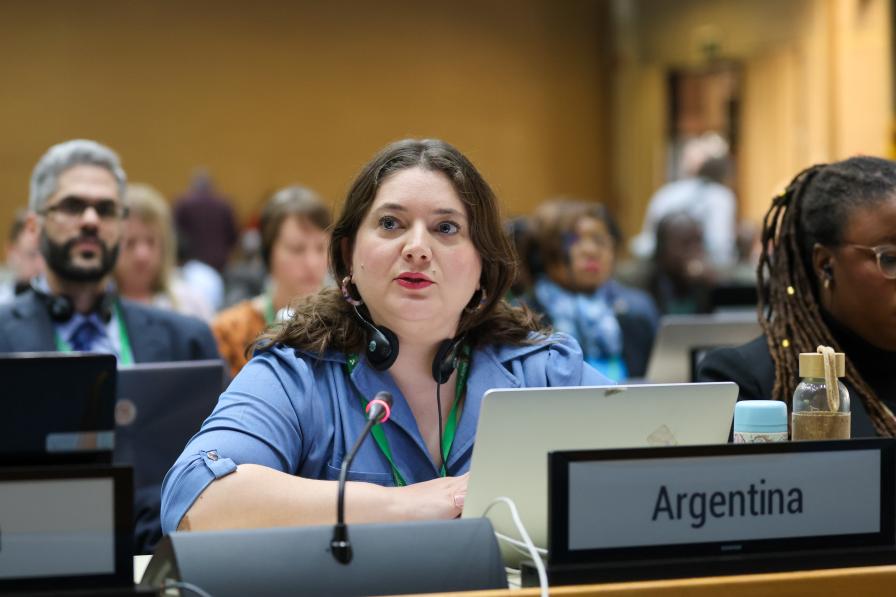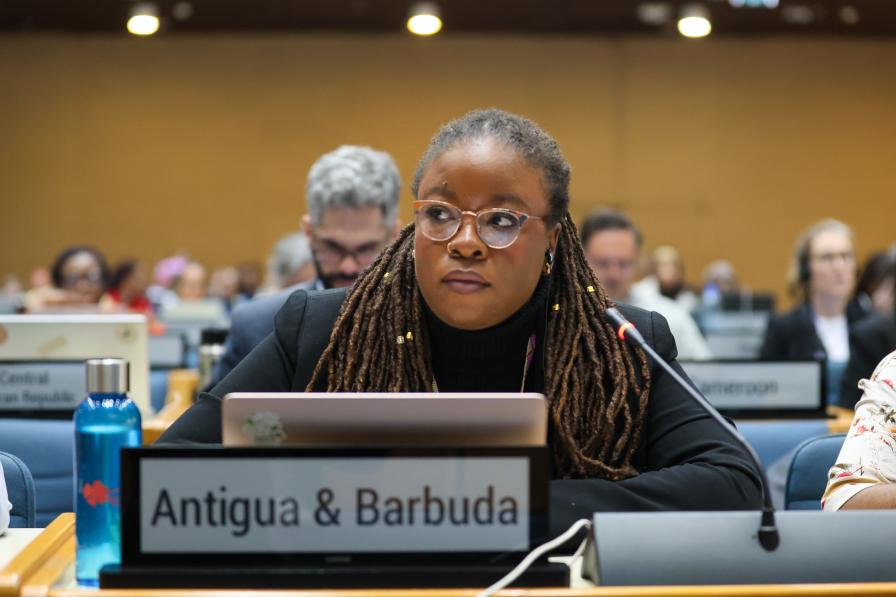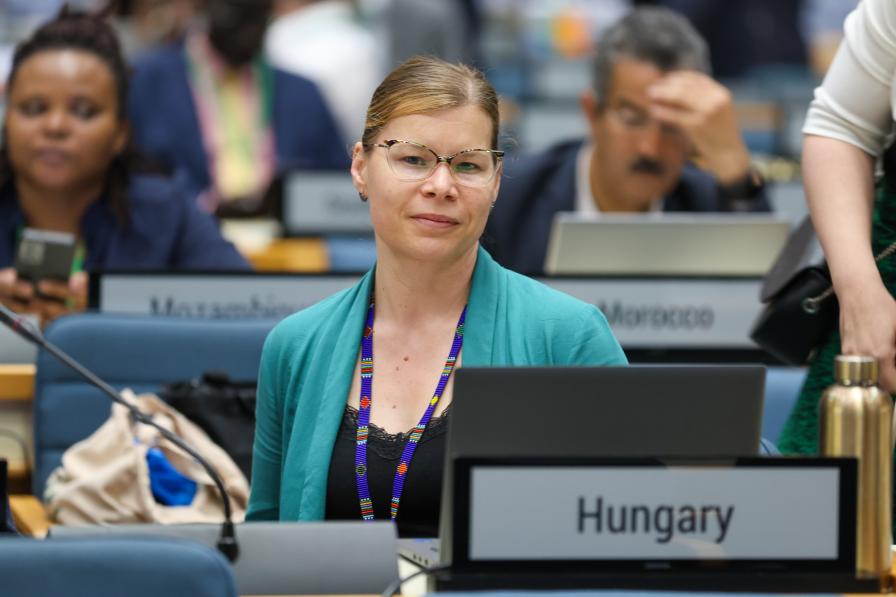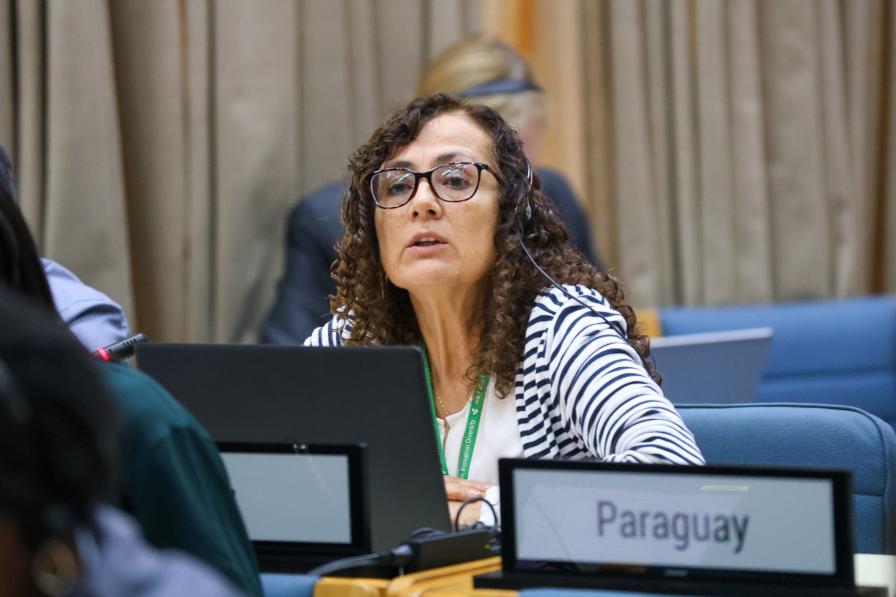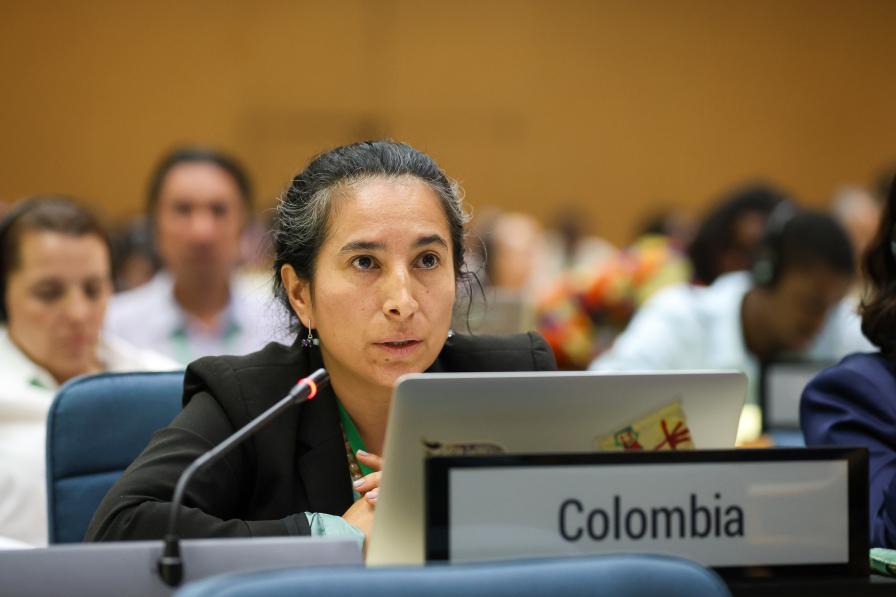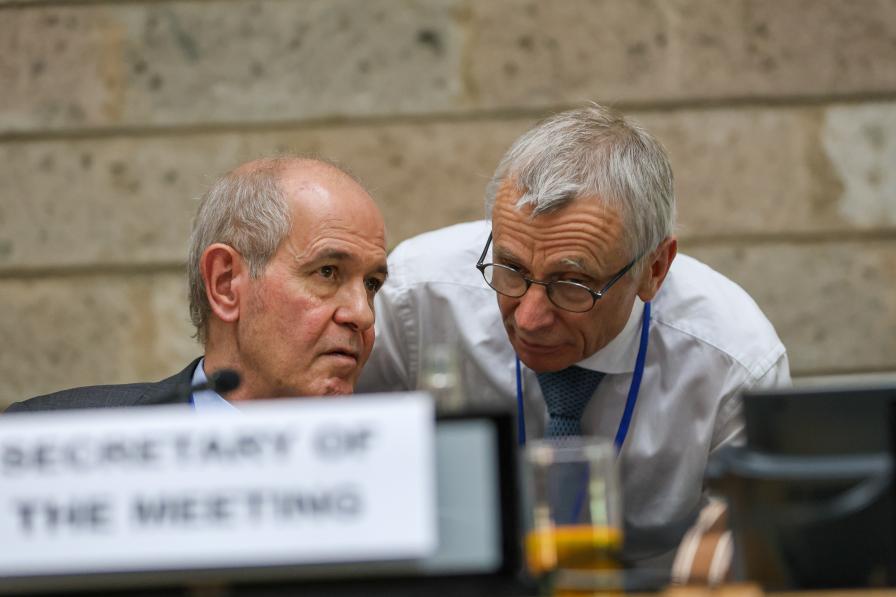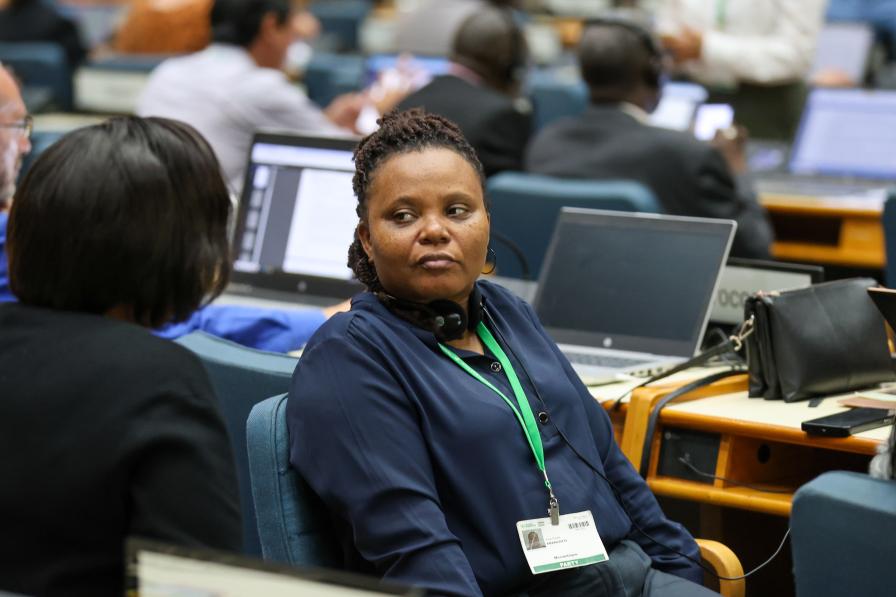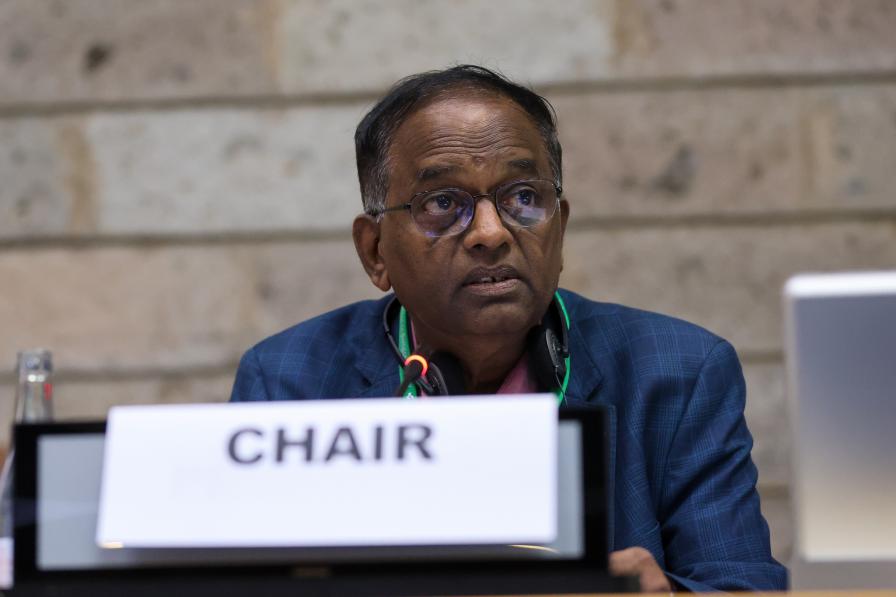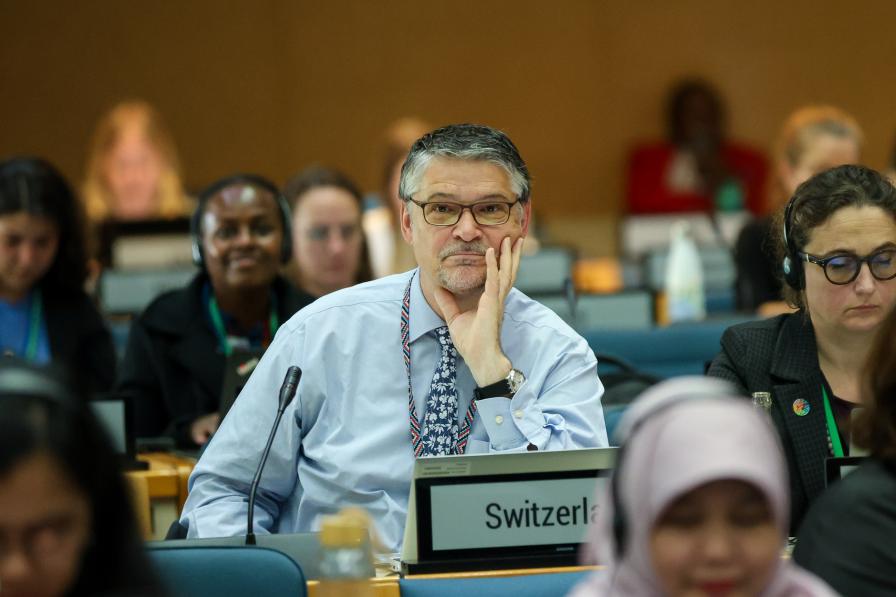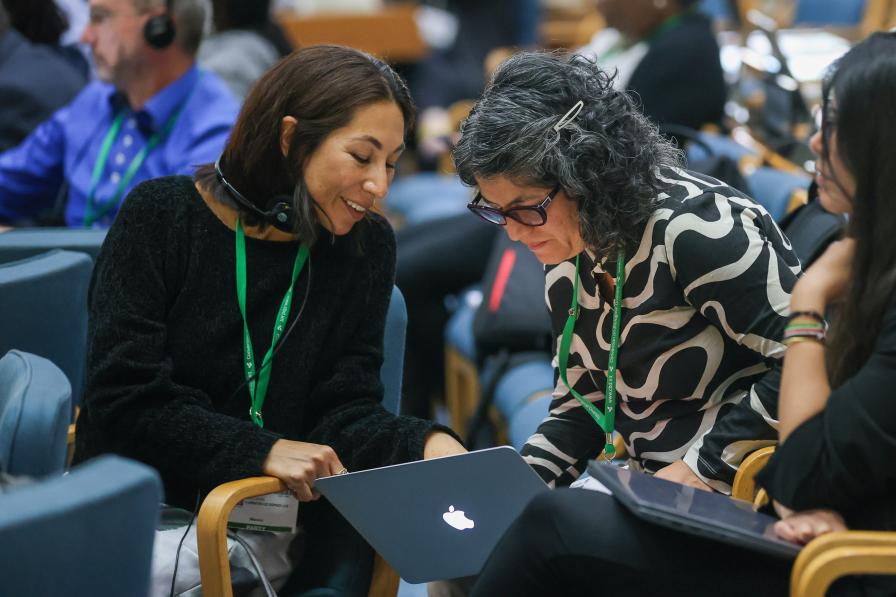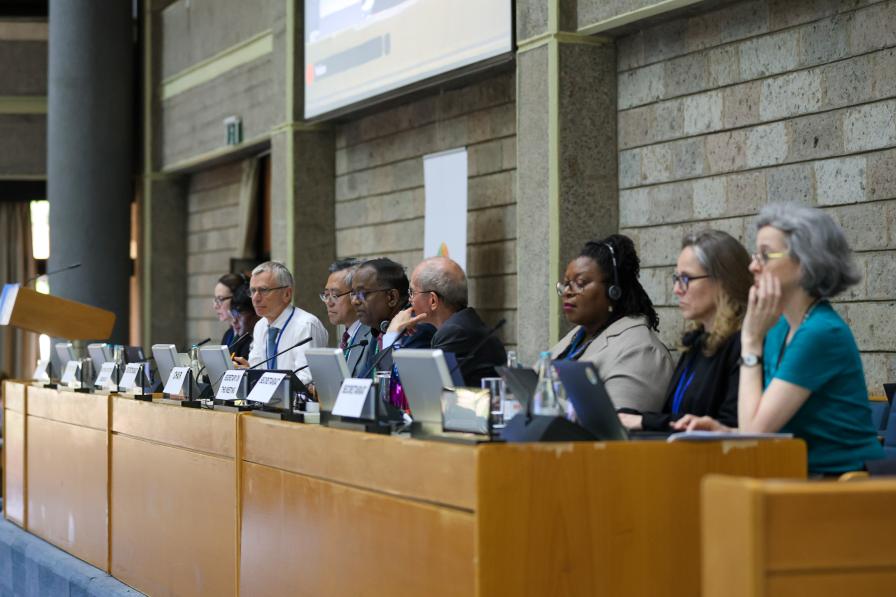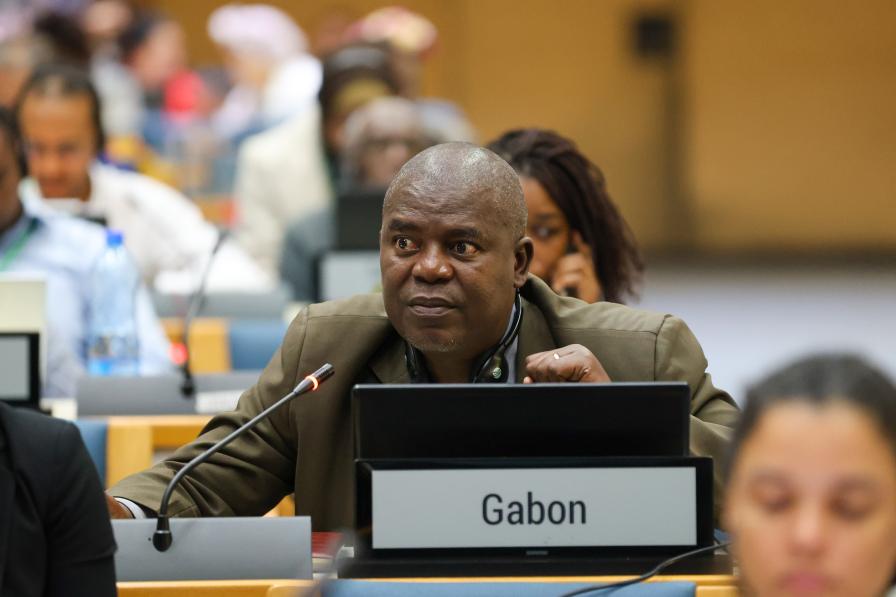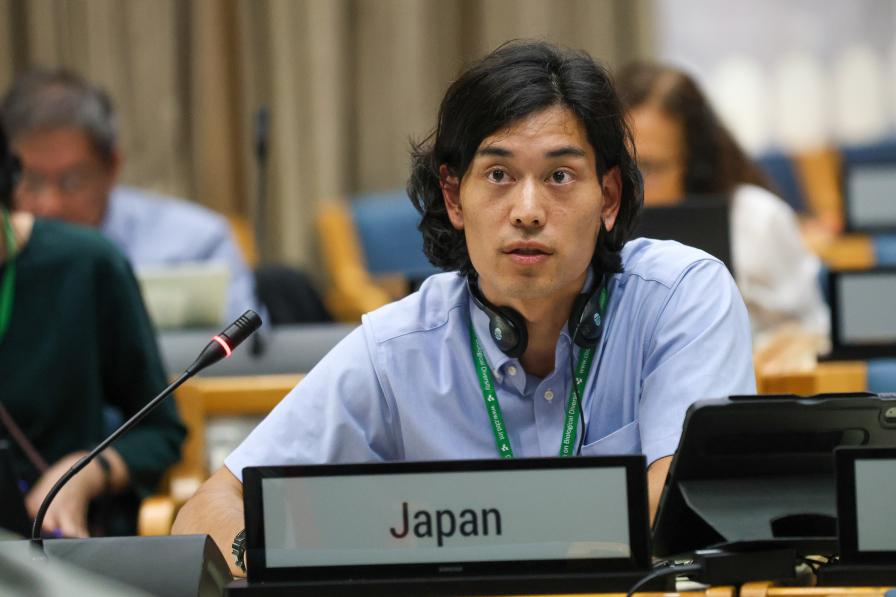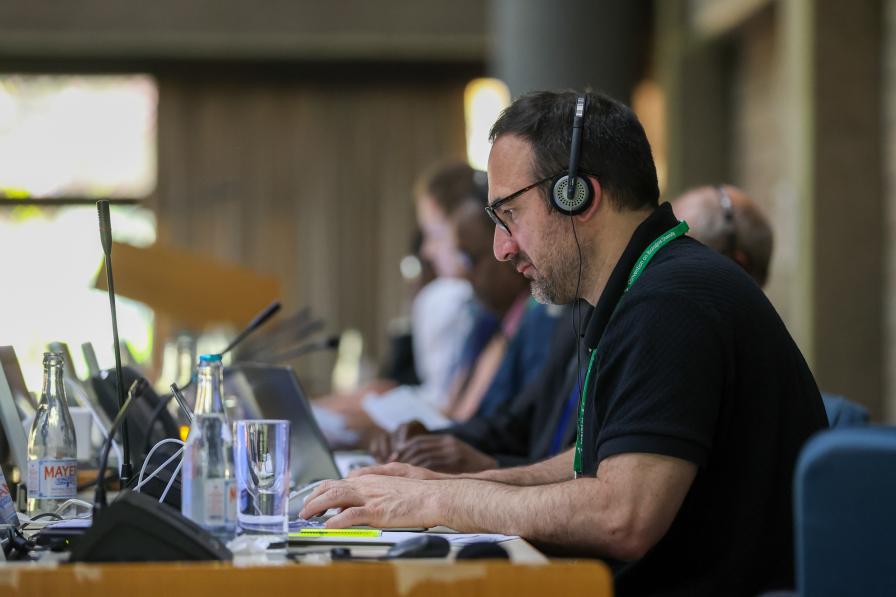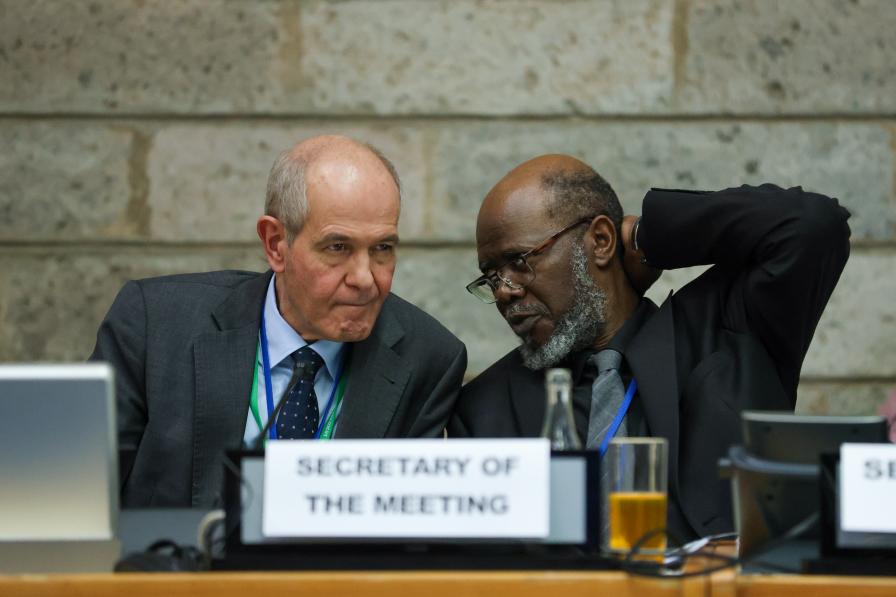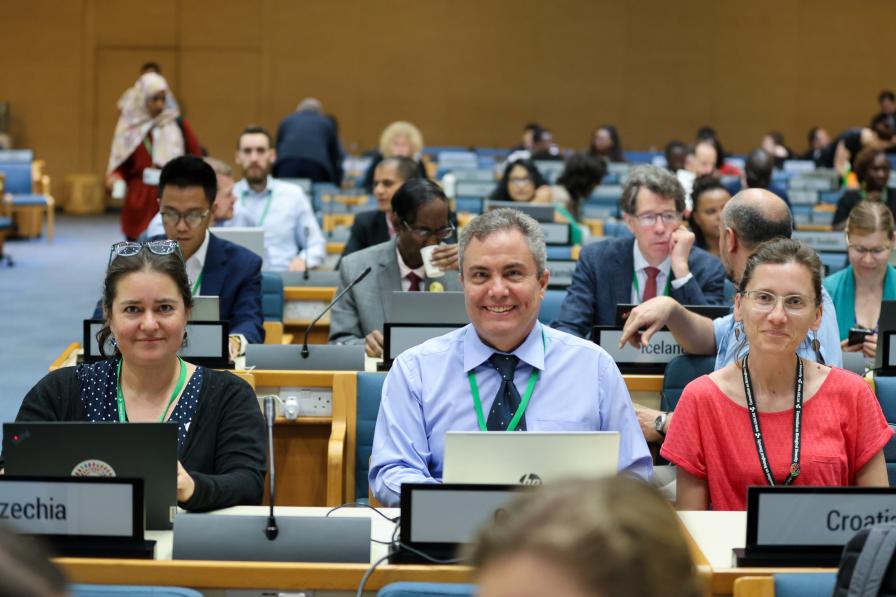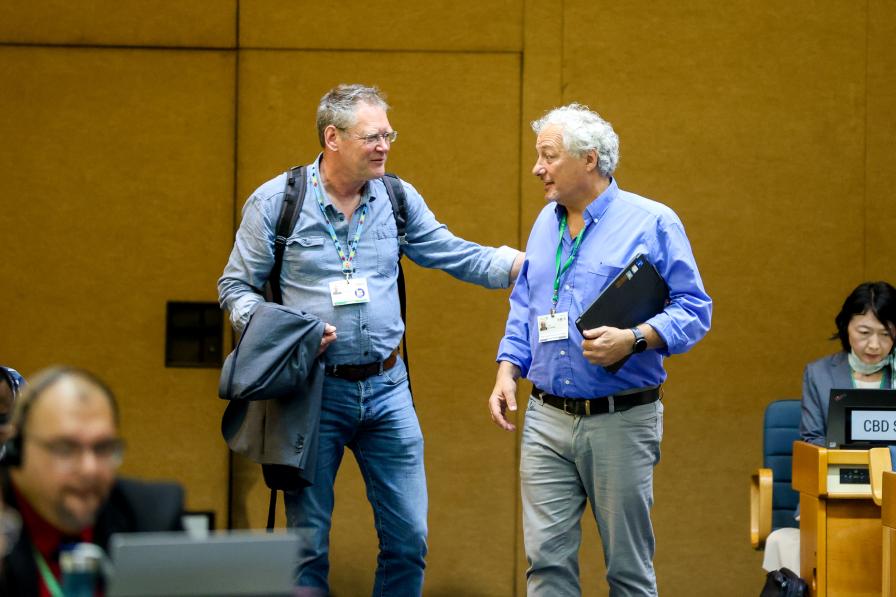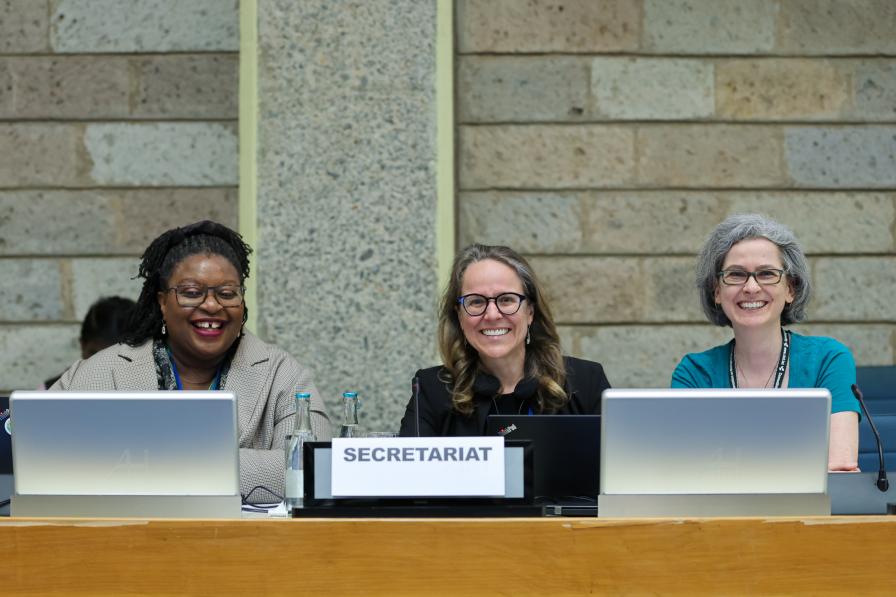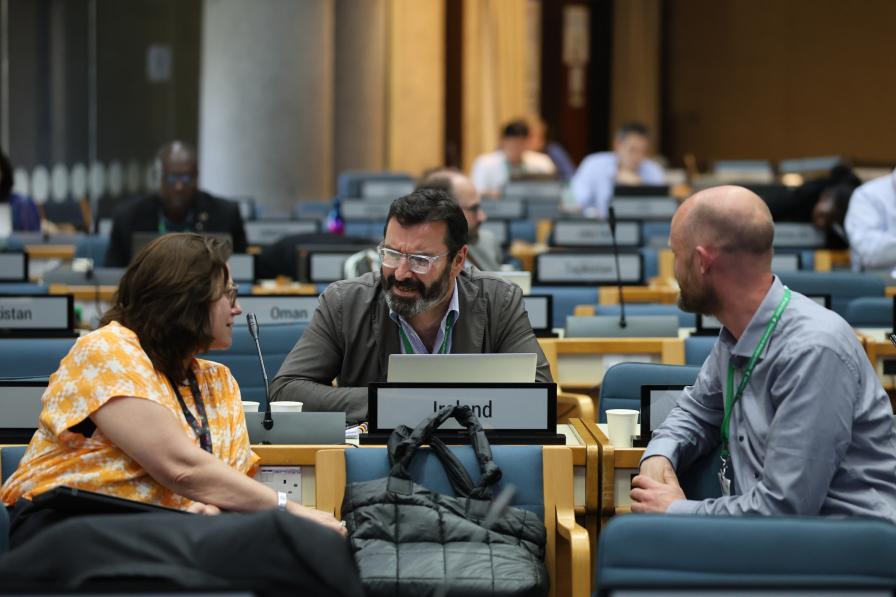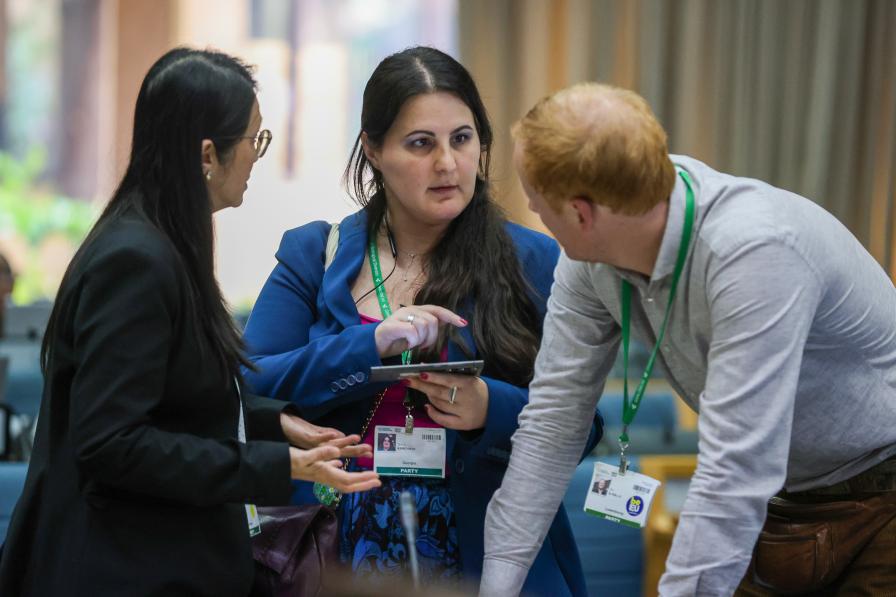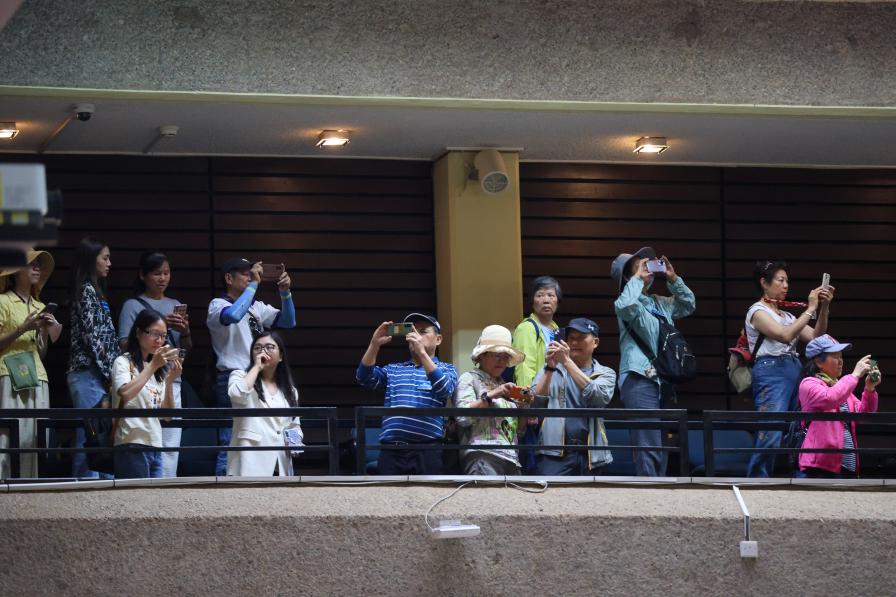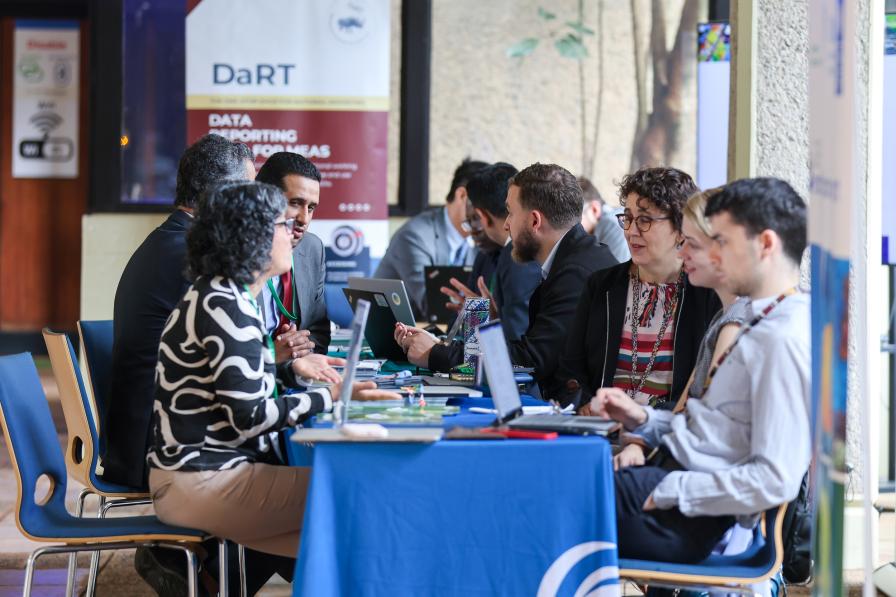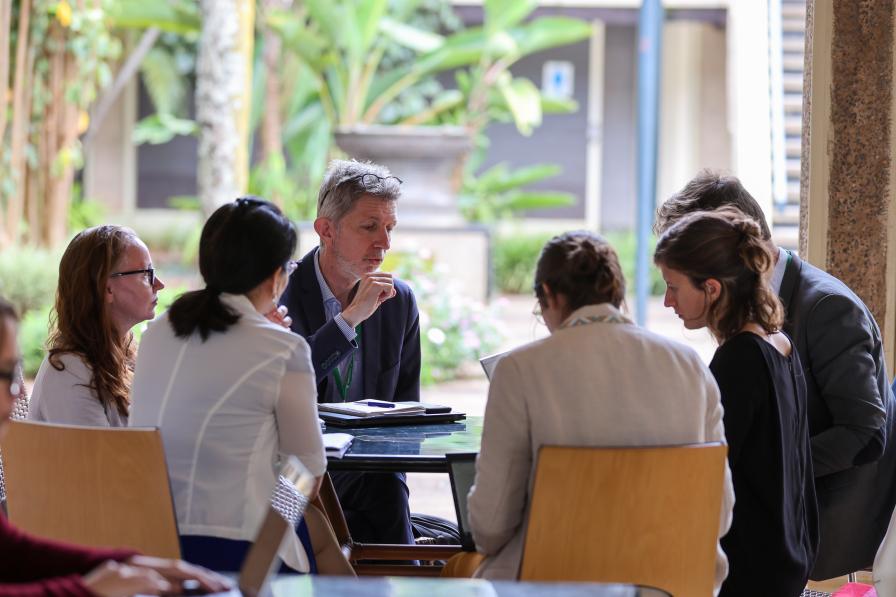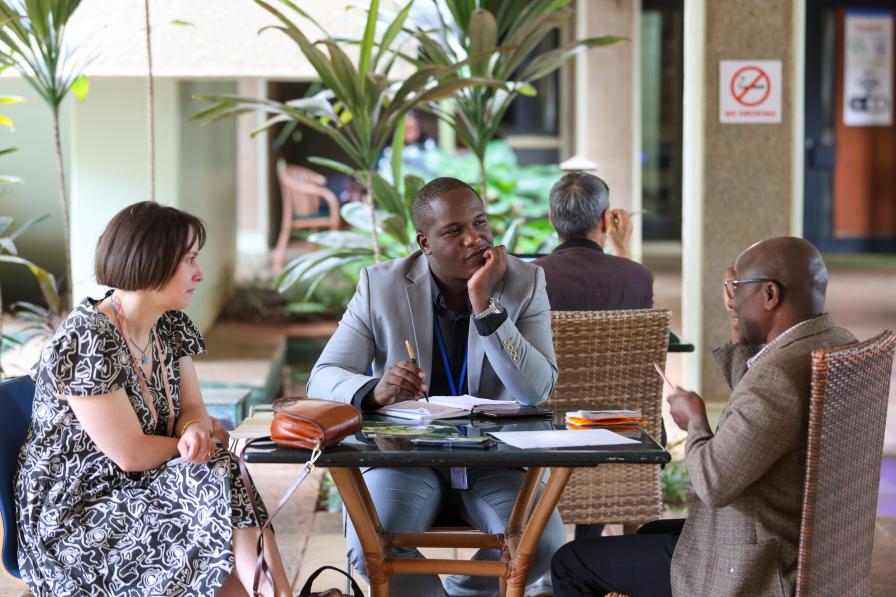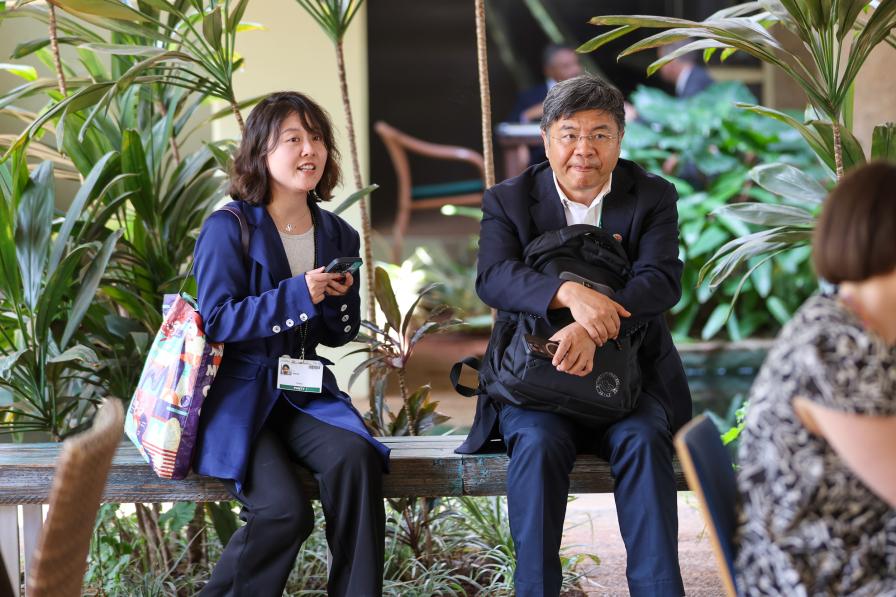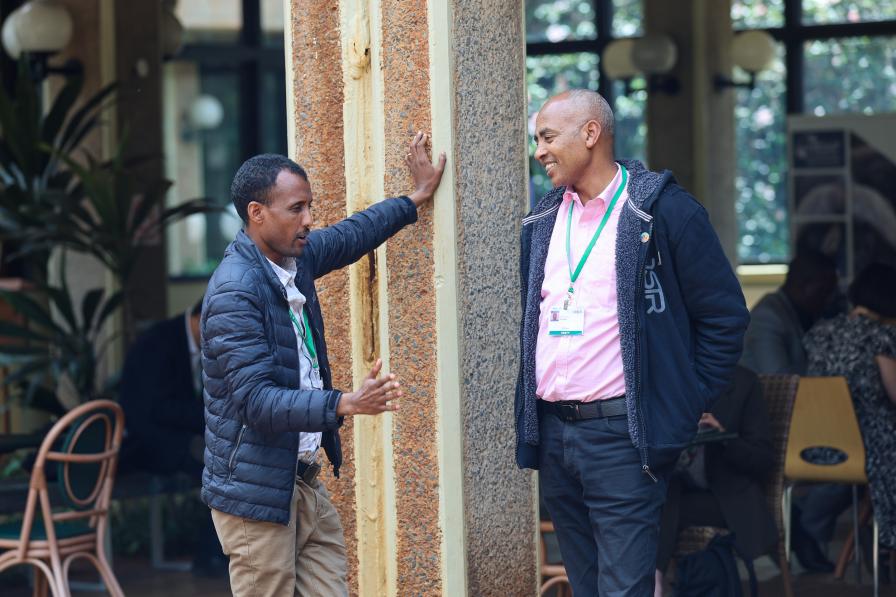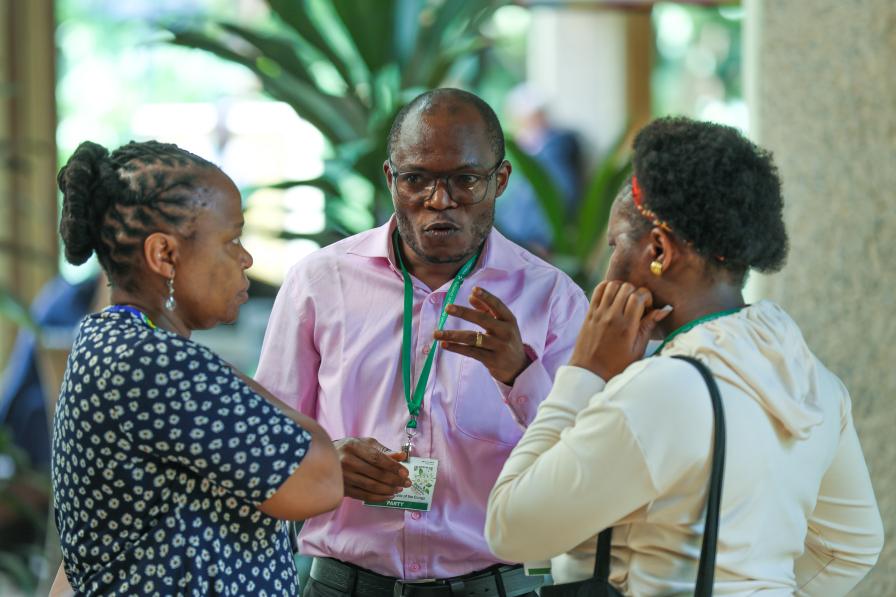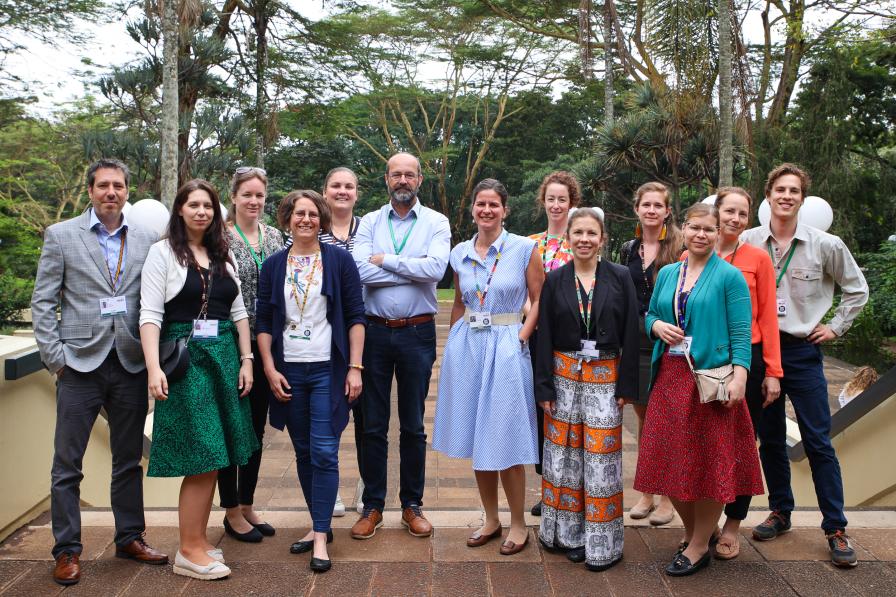On the penultimate day of the fourth meeting of the Subsidiary Body on Implementation (SBI 4), delegates strived to make progress addressing conference room papers (CRPs) on: the financial mechanism; the draft capacity-building and development action plan for the Nagoya Protocol (NP); the Clearing-house mechanism (CHM) and knowledge management; and communication, education, and public awareness (CEPA). Throughout the day, Chair Chirra Achalender Reddy (India) underscored time pressures and appealed to parties to make their interventions brief and succinct and to show a spirit of compromise.
On the financial mechanism, delegates decided to bracket the four-year outcome-oriented framework of biodiversity programming priorities for the ninth replenishment period of the Global Environment Facility (GEF-9), annexed to the CRP, adding a footnote indicating lack of relevant detailed discussions at SBI 4.
Want to dig deeper into today's talks? Read the full Earth Negotiations Bulletin daily report.
Delegates agreed to: request the Kunming-Montreal Global Biodiversity Framework (GBF) Fund Council to: adopt the terms of reference for its auxiliary body and advisory group at its second meeting; and encourage the GEF to consider project proposals on biosafety, and access and benefit-sharing.
On the capacity-building and development action plan for the NP, delegates added a provision noting the limited number of project proposals from eligible countries for support in NP implementation, and encouraging them to submit proposals in line with national circumstances and priorities. The action plan annexed to the CRP, as well as a provision referring to its adoption, were kept in brackets, as delegates made various suggestions to reflect their concerns and national interests.
On the CHM and knowledge management, delegates could not find common ground on references to data sovereignty, which remained bracketed, along with references to the global support service for biodiversity. Regarding the CHM, on a provision addressing financial, technical, and human resources towards the implementation of the work programme for the CHM for the period 2024-2030, many supported “urging developed country parties” and inviting other parties and governments “in a position to do so,” rather than “inviting parties,” to provide such resources. The provision was bracketed.
On knowledge management, delegates bracketed: paragraphs on adopting the knowledge management strategy, as well as Annex II containing the strategy; Annex I containing the CHM work programme 2024-2030; and references to the global knowledge support service for biodiversity throughout.
On CEPA, under a paragraph recognizing the implementation challenges faced by developing countries, some delegates suggested qualifying that adequate resources are necessary in accordance with CBD Article 20 (financial resources), with the proposal being bracketed. A compromise proposal “encouraging” parties to develop and implement national-level actions was agreed.
The Secretariat announced the entities selected to serve as regional and/or sub-regional technical and scientific cooperation support centers, following consultations in the Bureau:
For Africa: the Central African Forest Commission; the Ecological Monitoring Center; the Regional Center for Mapping of Resources for Development; the Sahara and Sahel Observatory; and the South African National Biodiversity Institute.
For the Americas: the Alexander von Humboldt Resources Research Institute; the Secretariat of the Caribbean Community; and the Central American Commission for Environment and Development;
For Asia: the ASEAN Center for Biodiversity; the International Union for Conservation of Nature (IUCN) Asia Regional Office; the IUCN Regional Office for West Asia; the Nanjing Institute of Environmental Sciences; and the Regional Environment Center for Central Asia;
For Oceania: the Secretariat of the Pacific Regional Environment Programme;
For Europe: the Joint Research Center of the European Commission; the IUCN Center for Mediterranean Cooperation; the IUCN Regional Office for Eastern Europe and Central Asia; and the Royal Belgian Institute of Natural Sciences.
The contact group on mechanisms for planning, monitoring, reporting, and review met in the evening.
To receive free coverage of global environmental events delivered to your inbox, subscribe to the ENB Update newsletter.
All ENB photos are free to use with attribution. For CBD SBSTTA 26 and SBI 4, please use: Photo by IISD/ENB Mike Muzurakis.
